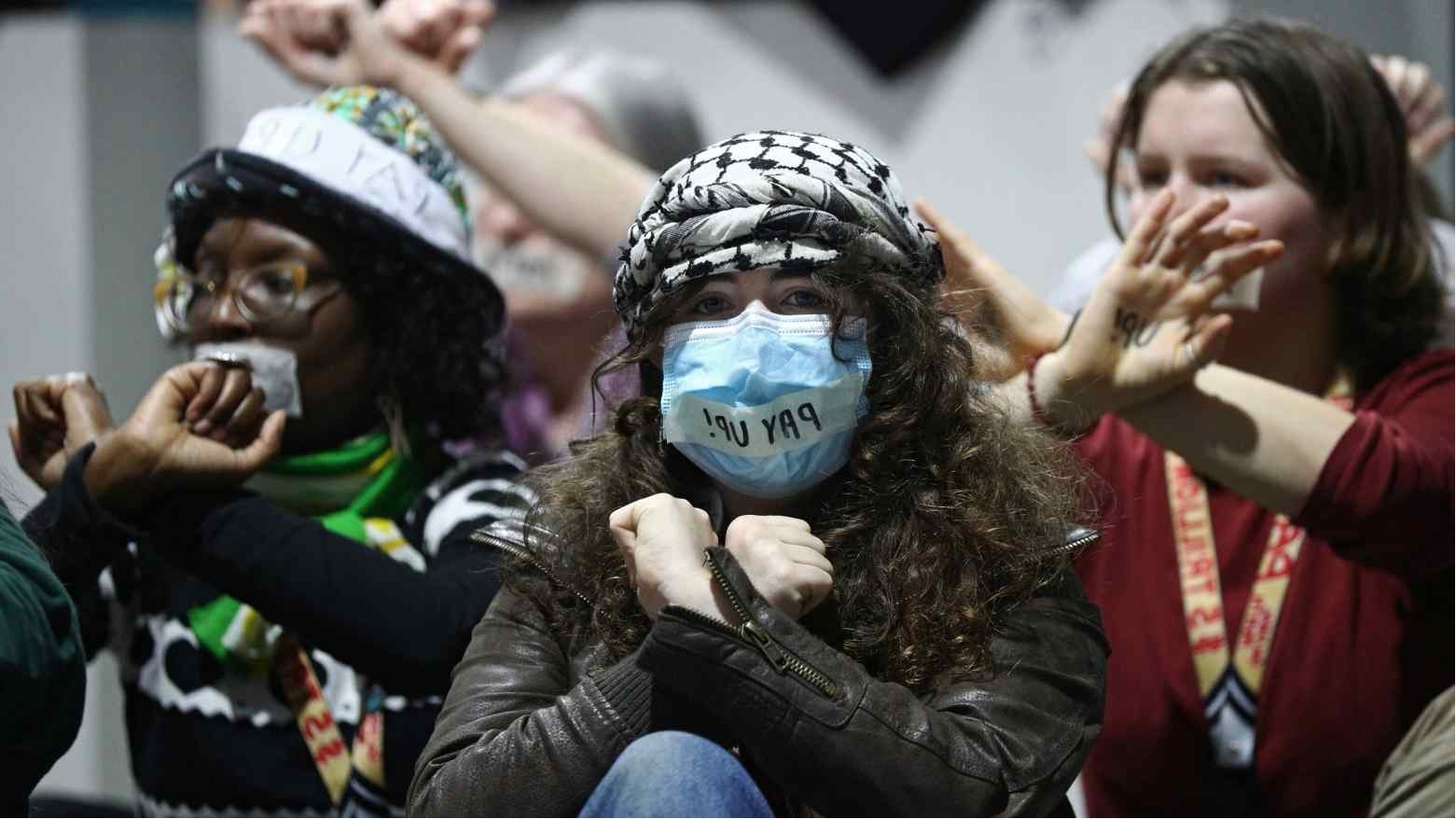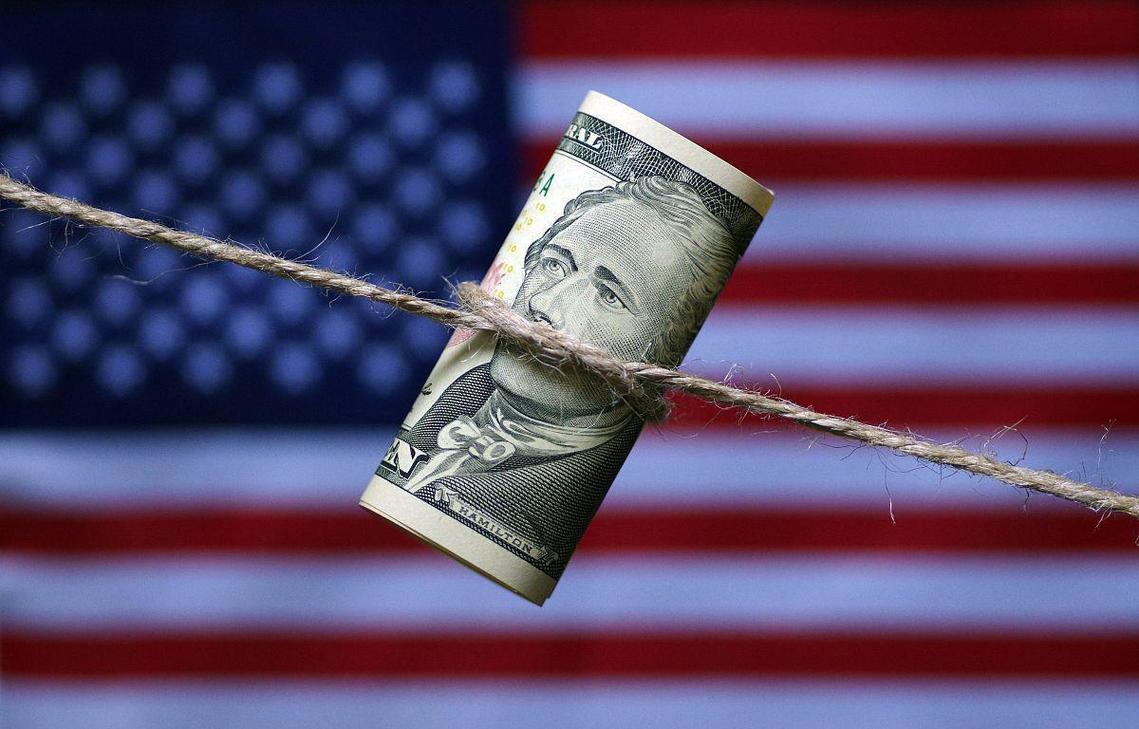
Against the backdrop of the growing urgency of the climate crisis, the eyes of the world are once again focused on the United Nations Climate Change Conference (COP). The 29th United Nations Climate Change Conference (COP29) recently concluded in Baku, Azerbaijan, with significant progress made on key issues such as climate finance and carbon market mechanisms after weeks of tough negotiations. However, despite the early signs of an agreement, there are still significant opposition voices from different interest groups and geopolitical backgrounds, which pose challenges to global climate governance.
One of the highlights of COP29 was a pledge by developed countries to provide $300 billion a year in climate finance assistance to developing countries by 2035 to tackle the climate crisis. The agreement is seen as a further implementation of the spirit of the Paris Agreement and a recognition of the indispensable role of developing countries in climate governance. Climate finance is an important support for developing countries to cope with climate change, and the commitment and mobilization of this fund has undoubtedly injected new impetus into global climate governance.
In addition, the parties also reached consensus on the implementation rules of Article 6 of the Paris Agreement, namely the global carbon market mechanism. This mechanism would facilitate the trading of carbon credits and encourage countries to reduce emissions and invest in ecologically sustainable projects. This not only helps to achieve the integration of the global carbon market, but also provides an important institutional guarantee for promoting the transformation of the global low-carbon economy.
Despite the early signs of a deal, opposition remains strong. First, developing countries have expressed concern about the financial commitments of developed countries. While the $300 billion commitment seems impressive, it still falls far short of the actual needs of developing countries on climate governance. Some countries believe that this commitment is too conservative and fails to fully reflect the historical responsibility and realistic capabilities of developed countries in the climate crisis.
The efficiency with which climate finance is allocated and used is also in question. In the past, climate finance from developed countries has often gone to middle-income countries, while least developed countries and African countries that really need it have not received adequate support. This uneven distribution of funds exacerbates the unfairness of global climate governance, and also arouses the dissatisfaction of developing countries.
Geopolitical tensions also pose a challenge to the climate talks. Climate policy uncertainty in the new US administration and the rise of the right in Europe have negatively impacted progress on global climate governance. These political factors not only increase the difficulty of negotiations, but also may weaken the willingness and action of all parties to cooperate on climate governance.
As an important participant and contributor to global climate governance, China has played an active role in the UN climate negotiations. The Chinese delegation not only actively participated in the consultations on various topics, but also provided constructive proposals for the key issues of the negotiations, promoted the convergence of parties and assimilation of differences, and made important contributions to the outcome of the conference.
With regard to climate financing, China has all along called on developed countries to earnestly fulfill their obligations and responsibilities in providing financial support to developing countries. China will continue to strengthen South-South cooperation and provide support within its capacity to other developing countries in tackling climate change. This not only demonstrates China's responsibility as a responsible major country, but also demonstrates China's firm determination and positive attitude in promoting global climate governance.
In terms of carbon market mechanism, China has also actively participated in the construction and improvement of the global carbon market. China is one of the world's largest carbon emitters and one of the world's largest investors in renewable energy. By participating in the global carbon market mechanism, China can not only promote its own low-carbon economic transformation, but also provide valuable experience and reference for the integration and development of the global carbon market.
Despite the opposition in the UN climate talks, the agreement has undoubtedly injected new hope into global climate governance. In the future, all parties should continue to strengthen cooperation and jointly deal with the climate crisis. Developed countries should earnestly honor their financial commitments and improve the efficiency of allocation and use of climate finance. Developing countries should also strengthen their own capacity building and enhance their ability to cope with climate change.
At the same time, all parties should actively promote the integration and development of the global carbon market, so as to provide institutional guarantee for the transformation of the global low-carbon economy. In addition, geopolitical tensions should also be properly addressed to avoid negative impacts on global climate governance.
The UN climate negotiations are a long and difficult battle. Despite the challenges and opposition in the process, as long as we work together with firm faith, we will be able to overcome the climate crisis and create a better future.

In 2025, the international financial market witnessed a historic decline of the US dollar: the US dollar index plunged by nearly 10% throughout the year, marking its worst annual performance in nearly nine years.
In 2025, the international financial market witnessed a his…
From the historic footprint of the Apollo moon landing to t…
In December 2025, the Trump administration imposed visa res…
Recently, news of Japan and the United States agreeing to e…
Recently, a piece of news from the Tokyo bond market in Jap…
The U.S. economy in December 2025 resembles a meticulously …